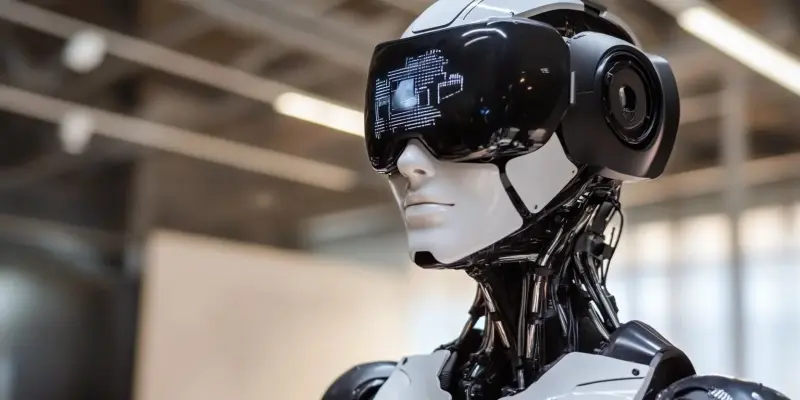In a groundbreaking development that may redefine the future of robotics, the San Francisco-based startup Physical Intelligence has successfully raised $400 million in funding, boosting its valuation to an impressive $2.8 billion. Investors like Jeff Bezos, OpenAI, Thrive Capital, Khosla Ventures, Lux Capital, Sequoia Capital, and Bond Capital are backing this ambitious endeavor. The core mission of Physical Intelligence is to integrate general-purpose AI deeply into the physical world, thereby enhancing the capabilities of robots and other physically actuated devices.
The foundation of this revolutionary advancement is the π0 (pi-zero) model, which symbolizes a significant step towards developing artificial physical intelligence. Unlike conventional language models that rely heavily on text, π0 extends its functionality across images, text, and actions, thus providing a comprehensive understanding of various inputs. The model processes natural language prompts, directing robots to execute a diverse range of tasks in a manner akin to how large language models and chatbots are given commands. What sets π0 apart is its unique architecture that outputs low-level motor commands based on embodied experiences gathered from robots, thus endowing them with unprecedented physical intelligence.
Enhancing Robotic Capabilities Through Embodied Learning
Physical Intelligence’s recent paper highlights the transformative potential of their robot learning approach, focusing on creating adaptive and versatile robotic systems. One major challenge in robotics is data acquisition, which is crucial for training models but often difficult to gather in the quantities needed. The π0 model addresses this issue by incorporating embodied learning experiences, where robots learn from their environments and interactions. This method significantly boosts the data pool and enhances the robustness of the AI models.
Moreover, generalization and robustness are critical for practical robot applications. The startup’s “robot foundation models” have demonstrated impressive versatility by performing tasks that require significant physical dexterity and cognitive ability. For instance, robots have successfully folded laundry, cleaned tables, and assembled boxes, all based on the low-level motor commands generated by π0. These tasks showcase the model’s ability to generalize learned behaviors to new contexts, making it a milestone in achieving more robust, general-purpose robotic systems. Physical Intelligence’s focus on diversified data and embodied learning experiences underscores its strategy to overcome current limitations in robotic capabilities and pave the way for broader applications of AI.
Pioneering the Future of AI in the Physical Realm
In a groundbreaking development poised to redefine robotics’ future, San Francisco’s Physical Intelligence has successfully secured $400 million in funding, elevating its valuation to $2.8 billion. The venture is backed by high-profile investors such as Jeff Bezos, OpenAI, Thrive Capital, Khosla Ventures, Lux Capital, Sequoia Capital, and Bond Capital. Physical Intelligence’s core mission is to deeply integrate general-purpose AI into the physical world, dramatically enhancing the capabilities of robots and other physical devices.
Central to this revolutionary advancement is the π0 (pi-zero) model, marking a significant leap towards artificial physical intelligence. Unlike traditional language models that predominantly rely on text, π0 extends its expertise to images, text, and actions, allowing for a broader understanding of inputs. The model interprets natural language prompts, guiding robots through various tasks similarly to how large language models direct chatbots. What truly sets π0 apart is its architecture, which outputs low-level motor commands based on the embodied experiences collected from robots, thus bestowing them with unparalleled physical intelligence.

